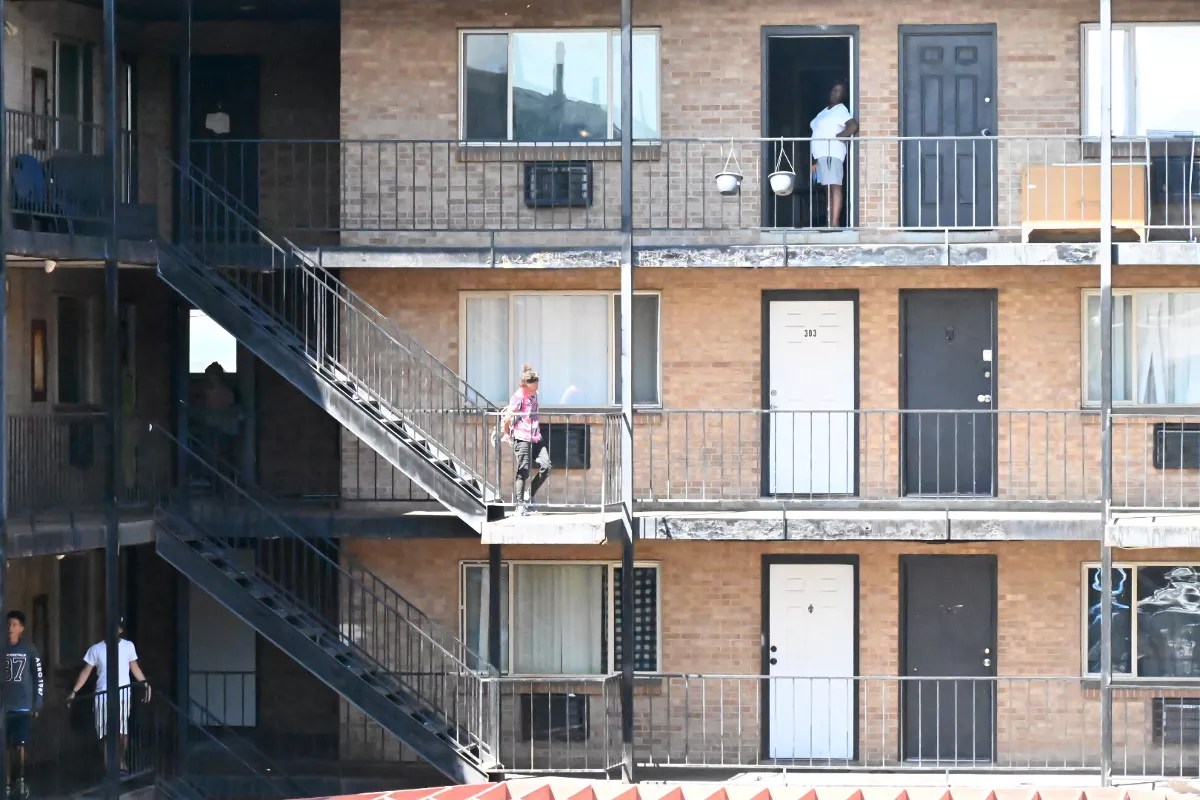
Bennito L. Kelty

Audio By Carbonatix
While Colorado has some of the strongest renter protections in the country, many of these rights can only be enforced by state authorities, giving local representatives few options for helping to address their constituents’ housing needs. As local officials, we are often the first point of contact for our residents, regardless of whether the issue they are facing falls into our jurisdiction. We are the ones closest to our community and are, more often than not, the first place they turn when they’re in need of assistance. But when our neighbors are facing serious housing issues, we have few options beyond connecting renters to nonprofit legal partners.
In Edgewater, residents of two multi-family units have consistently complained to our city council and staff. We know many of these tenants personally, and we are always their first call when property management fails to address their concerns. In Aurora, several landlords regularly skirt state habitable laws, endangering the health and safety of both their tenants and community members at large. Despite serious efforts to strengthen our local laws to protect tenants, many of the issues we hear about on a daily basis are covered under state statutes that are outside our enforcement ability. But that can change.
Right now, the Colorado General Assembly is considering SB25-020, also known as the Tenant and Landlord Law Enforcement Act. This bill would remedy the disconnect between state laws and local authority and give local communities the power to enforce housing laws. As we’ve seen time and time again as local officials, state authorities often lack the accessibility and connection to residents that local governments possess. Landlords are well aware of this maze of bureaucracy and often take advantage of such gaps in our systems, ultimately resulting in the degradation of dignity for entire communities of renters, decreased safety and community harm. By strengthening the ability of local communities to enforce tenant protections, in partnership with the Attorney General’s office and district courts, local communities closest to the housing issues can take action to address them.
Additionally, this bill creates a new mechanism to allow buildings with high volumes of complaints to go into an independent receivership. Far too often, tenants in these sorts of buildings are forced to decide between leaving an unlivable situation or sticking out to ensure the problems are resolved. In Aurora, a negligent landlord with a years-long history of code and habitability violations was found to be exploiting newly arrived immigrants and low-income residents. This highly publicized incident lasted for several months without a resolution because our local offices lack the authority to take action. While many of the tenants would prefer to move, these vulnerable tenants were unable to do so. Without the enforcement mechanism to mandate the repairs, some of our most vulnerable neighbors were forced to live in horrible conditions.
While the city ultimately got a receiver appointed by district courts, this is only one instance where local offices could do so. Dozens of cases like these come to local offices every year, and even when a receiver is appointed, the severe neglect for long periods means buildings have to be completely shut down for renovation. If the state legislature passes the Tenant and Landlord Law Enforcement Act, local communities will finally have the legal mechanism to ensure buildings can be seized from predatory landlords to safeguard the health and well-being of some of our most vulnerable tenants.
Along with hundreds of local officials across Colorado, we’ve done our best in Aurora and Edgewater to strengthen the housing laws in our city codes. As more and more people have come to call Colorado home, unscrupulous landlords and bad-faith housing actors have exploited our web of state and local housing laws to their advantage.
But this year, our state legislature can empower local governments, fix this disparity, and empower local communities to better act on our residents’ housing issues. By giving local authorities the tools to enforce state housing laws, we can address the backlog of housing issues and deter future bad actors from short-changing tenants. As local officials, we’re calling on you to pass SB25-020, the Tenant and Landlord Law Enforcement Act, and give local communities the power to help ourselves.
Alison Coombs is a member of Aurora City Council; Hannah Gay Keao is a member of Edgewater City Council.
On weekends, Westword.com publishes commentaries on matters of interest to the community; the opinions are those of the authors, not Westword. Have one you’d like to submit? Send it to editorial@westword.com, where you can also comment on this piece.